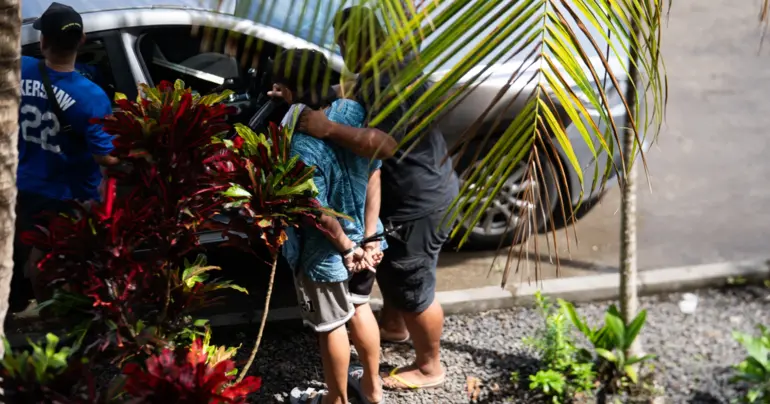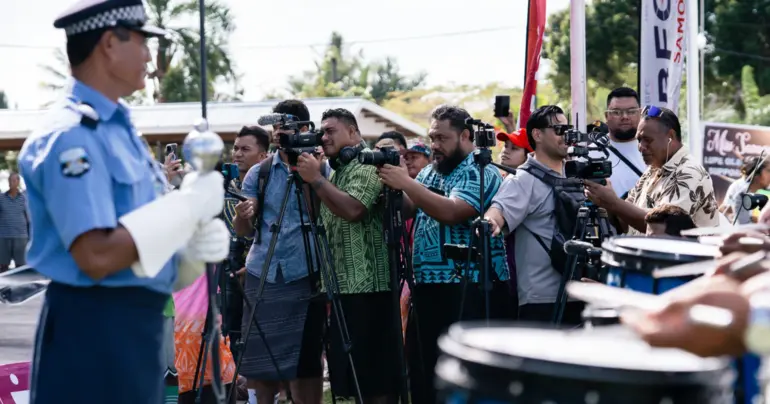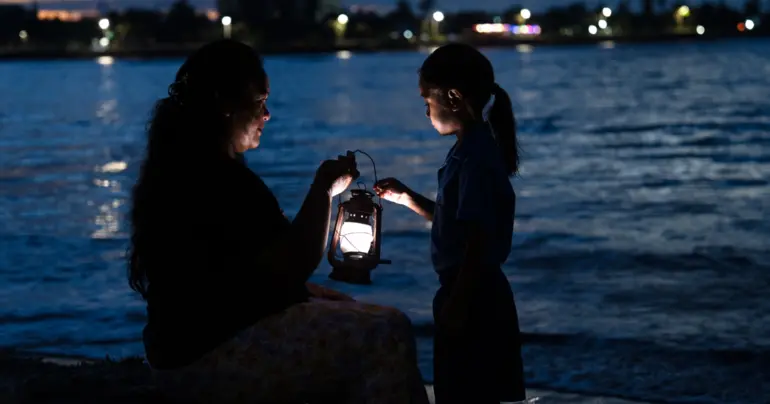The answers that are playing hard to get
It has been one week since Prime Minister Laaulialemalietoa Leuatea Schmidt imposed a ban on the Samoa Observer. In that time, we had hoped the drama surrounding his decision would begin to settle.
Instead, the ban has drawn the eyes of the global press to Samoa - not a position any country built on democratic values would want to be in.
And despite the Prime Minister’s views on journalists, the calls from international media organisations and JAWS for him to reverse the ban must, at some point, be seriously considered in the interest of democracy and for the good of the country.
Warnings from two former Prime Ministers, Fiame Naomi Mata’afa and Tuilaepa Sailele Malielegaoi, about the potential impact on Samoa’s relationships with partners and donors must also be weighed. Samoa is a small nation that has long relied on ties with partners for its development.
There should always be friction between the independent press and the government, but when that friction moves beyond the roles each plays, it becomes unhealthy.
For the sake of the Samoan public, we ask the government to do its part by providing answers. An email sent to the Ministry of the Prime Minister on Wednesday, 19 November, outlining questions on the five reasons given for the ban, remains unanswered.
Without answers, the country will continue to question whether the reasons cited by the Prime Minister were justified. The public will be left wondering whether an opinion is acceptable, whether the Prime Minister did sit on a fake chair, whether a correction was ever requested, whether he was advised against meeting foreign leaders, and whether the incident at his home was truly trespassing.
Without clarity on these issues, the Samoan public will remain in the dark.
We all have a duty to our country, and the only way to give the public honest reporting is to be upfront with them.
The Samoa Observer remains open to requests and values honest criticism. We simply ask the government to respond so every issue raised as a reason for the ban can be addressed and resolved, and so the public we all serve can be truthfully informed.












